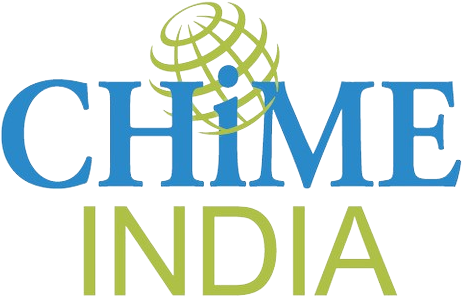Written by : Jayati Dubey
February 7, 2024

The tele-ICU system is designed to bridge the gap by establishing ICU centres at the taluk level and monitoring them centrally.
In a move to enhance healthcare accessibility in rural areas, Karnataka Health Minister Dinesh Gundurao has announced the phased implementation of a tele-ICU system in all taluk hospitals across the state.
The announcement came during the inauguration of a tele-ICU at Victoria Hospital in Bengaluru. The initiative aims to leverage technology to bring specialised healthcare services to remote locations, addressing challenges faced by rural residents in accessing super-speciality hospitals.
The tele-ICU system is designed to bridge the gap by establishing ICU centres at the taluk level and monitoring them centrally. This approach ensures that patients in remote villages receive super-speciality care without the need to travel to distant district hospitals.
"Tele-ICU system is helpful in providing super specialty care at taluk hospitals. We have emphasised on the use of technologies such as setting up ICU centres at the taluk level and monitoring them from here," he said.
The tele-ICU system has already been successfully implemented in Hubballi and Mysuru. The recent inauguration at Victoria Hospital in Bengaluru and Ballari Medical College marks further progress. Four government medical institutions have been designated as hubs, with 41 taluk hospitals linked to them under a hub-spoke model.
Gundurao shared that ten tele-ICU beds have been set up in these 41 taluk hospitals, enabling patients to receive super-speciality care with guidance from expert doctors through the integration of artificial intelligence (AI) technologies.
The hubs include clusters such as Bengaluru and Ballari, Hubballi KIMS Hospital, and Mysuru Medical Institute, linking nine, ten, and thirteen taluk hospitals, respectively.
The Health Minister outlined a comprehensive plan for expanding the tele-ICU system, with a target to set up tele-ICUs in 60 taluk hospitals next year. The phased implementation approach aims to gradually extend the reach of specialist healthcare services across all taluk hospitals in the state.
Deputy Chief Minister D K Shivakumar, who inaugurated the tele-ICU clusters alongside Minister Gundurao, praised the tele-intensive care units as a revolutionary step in healthcare.
"The ability to manage critical patients in remote places by doctors in Bengaluru is a revolutionary step.... The tele ICUs enables ICU beds to be set up in far-off places and the patients there can be monitored remotely by experts in Bengaluru. This facility must be expanded to all the places so that high-quality medical care is available to everyone," Shivakumar said.
Shivakumar stressed the importance of expanding tele-ICUs to all taluk headquarters, emphasising the critical timing in emergency situations. He recognised the tele-ICU system as a boon for people in villages, preventing delays in accessing high-quality medical care.
In addition to focusing on tele-ICU implementation, Shivakumar addressed concerns related to emergency services. He raised the issue of '108' ambulances prioritising private hospitals over government facilities, causing financial difficulties for patients.
He added, "There are many complaints that the '108' ambulances take patients to private hospitals on priority in case of emergencies though government hospitals are there in the area. This puts patients in financial difficulty as private hospitals are expensive. I urge the authorities to use to the technology and track the ambulances."
The implementation of tele-ICUs in taluk hospitals aligns with the government's commitment to leveraging technology to improve healthcare services and ensure that specialised care reaches every corner of the state.
In a similar development, Medanta & GE Healthcare collaborated to introduce Tele ICU services in India. The Tele-ICU system powered by GE Healthcare's Mural platform provides critical care specialists with real-time data analytics, predictive analytics, and clinical decision support tools.
It also features audio-visual communication tools, such as high-definition cameras and microphones, to facilitate remote consultations and patient monitoring. These Tele ICU initiatives are a significant step towards improving critical care services in India, and they are expected to benefit thousands of patients nationwide.
The College of Healthcare Information Management Executives (CHIME) is an executive organization dedicated to serving senior digital health leaders. CHIME includes more than 5,000 members in 56 countries and two US territories and partners with over 150 healthcare IT businesses and professional services firms. CHIME enables its members and business partners to collaborate, exchange ideas, develop professionally and advocate the effective use of information management to improve the health and care throughout the communities they serve. CHIME's members are chief information officers (CIOs), chief medical information officers (CMIOs), chief nursing information officers (CNIOs), chief innovation officers (CIOs), chief digital officers (CDOs), and other senior healthcare leaders. The CHIME India Chapter became the first international chapter outside North America in 2016 and is now a community of over 70+ members in India. For more information, please visit www.chimecentral.org
